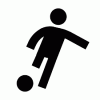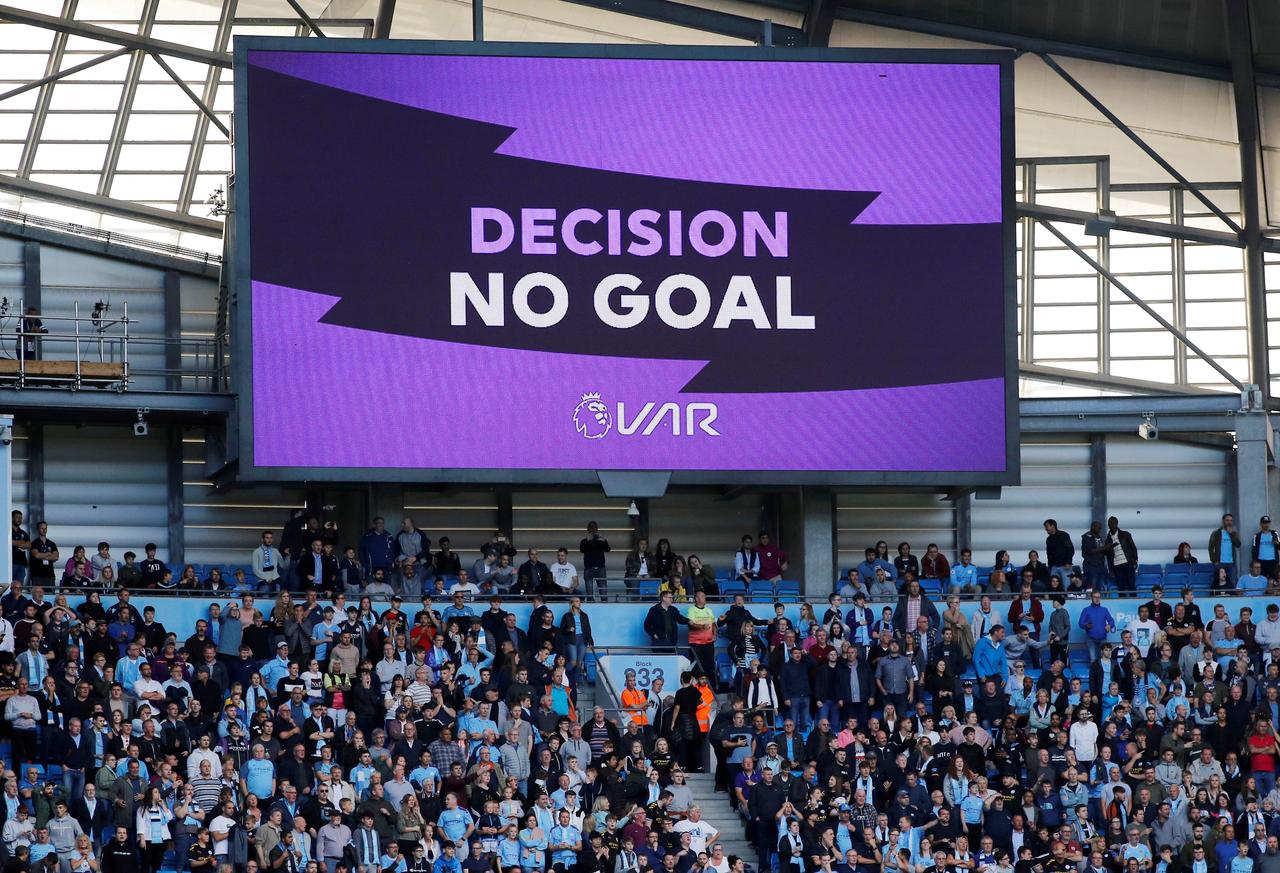Before the Corona, some would say another virus had been plaguing the Premier League all season: VAR. If you don't like VAR, sorry to break it to you...it's not going anywhere. Even if you like VAR, you can't claim it was a resounding success in its first season.
What changes can make VAR better? Yes, referees going to the monitor is preferable, in my opinion, to the faceless, omniscient beings at Stockley Park's VAR headquarters making decisions. But that doesn't get to the root of the problem.
Soccer's international rules body, IFAB, the world governing body, FIFA, the Premier League, the Professional Game Match Officials Limited (PGMOL) - the referee's organization in England - and others have said from day one that VAR is not there to re-referee the game. Yet, the way they use the systems leads to exactly that, re-refereeing the game. Offside, handball, take your pick of calls that go to review, and they all come back with a final verdict from the video assistant.
That final verdict, whether keeping the call the same or changing it, is refereeing the game from afar, overriding the match referee's decision. Even when announcing the referee's call stands, it stands because VAR said so. As much as the intention wasn't to have this, VAR certainly became the ultimate arbiter.
To move away from that and keep the match official and his assistants in control of the game, one small change could have a dramatic effect. Instead of just two options for VAR, agreeing with or overturning the call on the field, it needs a third added, very similar to the NFL.
First option - call confirmed. This means the VAR reviewed the footage and not only did the referee make the right call, but VAR can see video evidence that is indeed the right call.
Second option - call overturned. This means the VAR can clearly and easily discern what happened during the play AND the referee got it wrong. What is clear and easy? Yes, that would need to be defined further. For now, let's go with this, what would you and your friends decide if you were playing in the backyard and saw a replay of the incident? For obvious reasons, this can't be the standard FIFA uses. But for this, it works
Third option - call stands. This is the new option that will change everything. Much like the NFL, the decision of "call stands" means the VAR does not have video evidence either way. And without clear evidence for either side, the call will remain what the referee originally called.
If the referee pulled a goal back because of handball, the VAR would have to see clearly "yes there was a handball" or "clearly there was not." If he cannot definitively say either way, then the on-field call stands.
In essence, "call stands" means "I don't know." And there's nothing wrong with saying "I don't know," especially if the call could cause a major swing in the game or competition as a whole. The wrong decision with a lack of evidence is better than guessing and making the wrong decision.
This results in a much needed massive change, VAR refereeing the referee instead of the game. Plus, it also leaves the power in the on-field official's hands. There is no one above the referee making the final call for on-field incidents. Instead, he's another pair of eyes to help the referee instead of overriding him.
Other changes such as referees or VARs making announcements in the stadium to explain decisions or press conferences after the match could help with transparency and please fans marginally. But they don't get at the root cause.
Moving to this system, with three outcomes, will cause a massive shift in VAR protocol of course. But it will also change its impact on the game and take it back to a more palatable form for players, fans, coaches, refs, and all others involved.






































